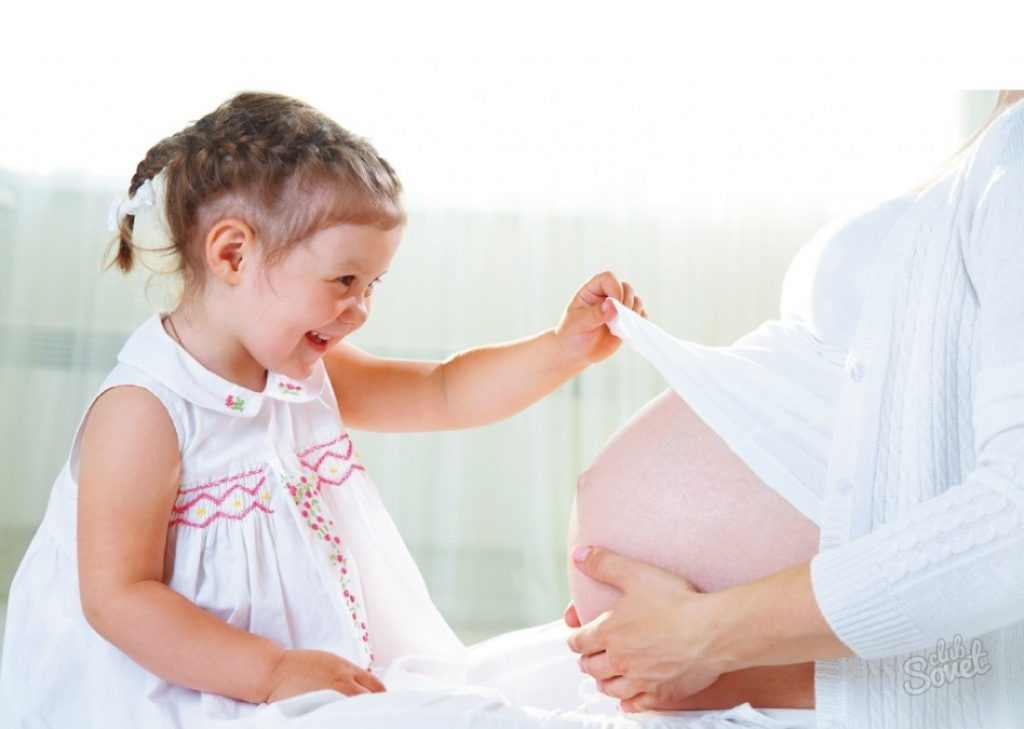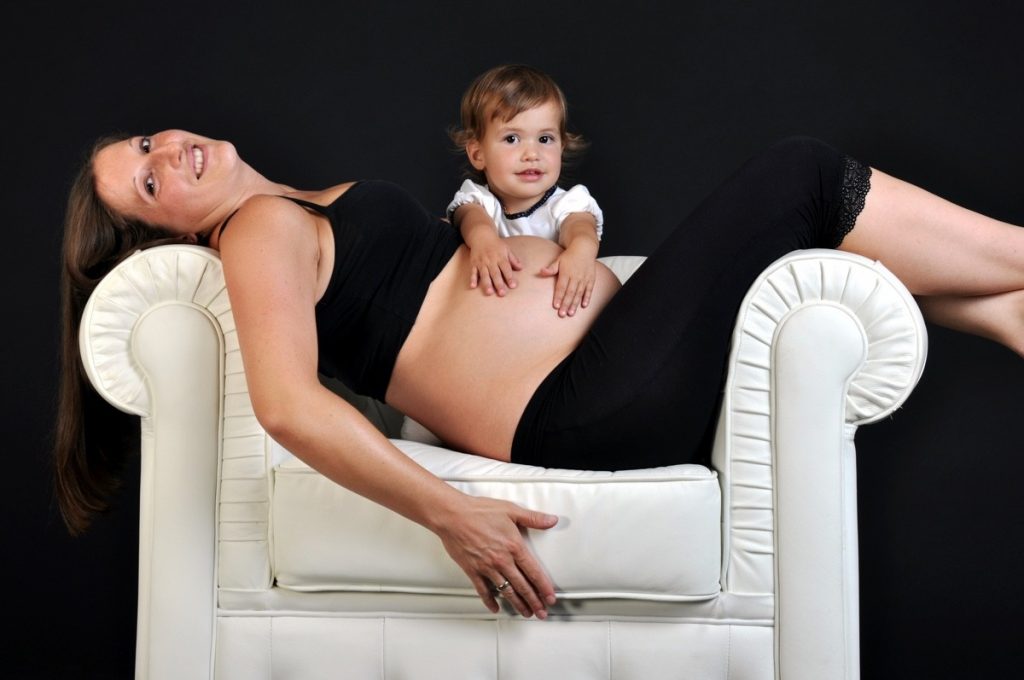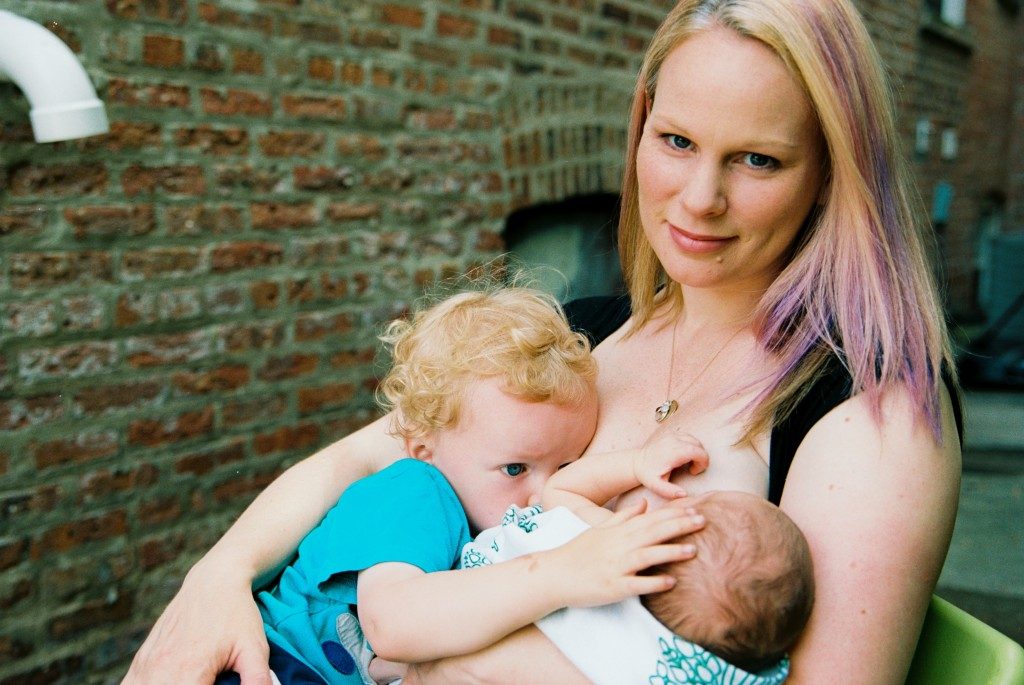
Here’s everything to know about breast-feeding while pregnant.
The Lactational Amenorrhea Method (LAM) is a temporary method of birth control in which the production of milk suppresses menstruation which prevents ovulation. It’s noninvasive, highly effective, and safe method but certain rules are needed to be followed for this to work. For LAM to be effective, it is required that baby needs to be less than 6 months old and exclusively breast-fed and mother haven’t experienced any menstrual bleeding.
Certain studies advises women using this method to breast-feed at least eight times a day with no more than six hours in between feedings.

The symptoms of pregnancy will be the same as it includes nausea, fatigue, and breast tenderness. The absence of a menstrual period after six months once after transitioned to fewer breast-feedings is a major clue of being pregnant.
Can I Still Breast-Feed My Child While I’m Pregnant?
Everything is based on the comfort level of the mother and if permitted by the doctor. Though you may quit breast feeding if you have one or more of the following reasons,
Once the baby comes, make sure to nurse your newborn first. Diapers that are frequently wet or soiled and a steady, on-target weight gain are signs that your new arrival is getting what they need.
The more you breast-feed, the more milk your body will produce. Therefore you don’t need to concern about the amount as there will be always there to meet the demand. However there may be some fluctuations in supply due to pregnancy hormones and as the frequency of feedings diminishes so does the milk supply.
The thicker, less sweet milk is called colostrum and is considered to be a baby’s first vaccination. From a few days to a few weeks after the new baby comes, your milk will transition back to the mature milk your older child was used to.

Caloric intake during pregnancy is essential, especially if one is breast-feeding.
Its always good to aim for 300 extra calories a day for the baby and an additional 400 to 500 calories per day for breast-feeding. A varied diet filled with plants and protein will serve both mother and babies well. Try to avoid sugary drinks, limit your mercury intake, stay away from alcohol, and go easy on the caffeine.
It’s important to stay hydrated while breast-feeding. Try to have a glass of water handy during feedings and drink frequently throughout the day.
It’s advised to wean your nursing or elder child, if you’re expecting more than one baby. The more babies you’re carrying, there is greater the risk of preterm birth. Breast-feeding may increase the risk as it can trigger uterine contractions. Discontinue breast-feeding if you experience any unusual spotting or bleeding.
Unless mother and babies are healthy and there are no complications in pregnancy, breast-feeding during pregnancy can be perfectly safe.
It is the most powerful creation to have life growing inside of you.There is no bigger gift